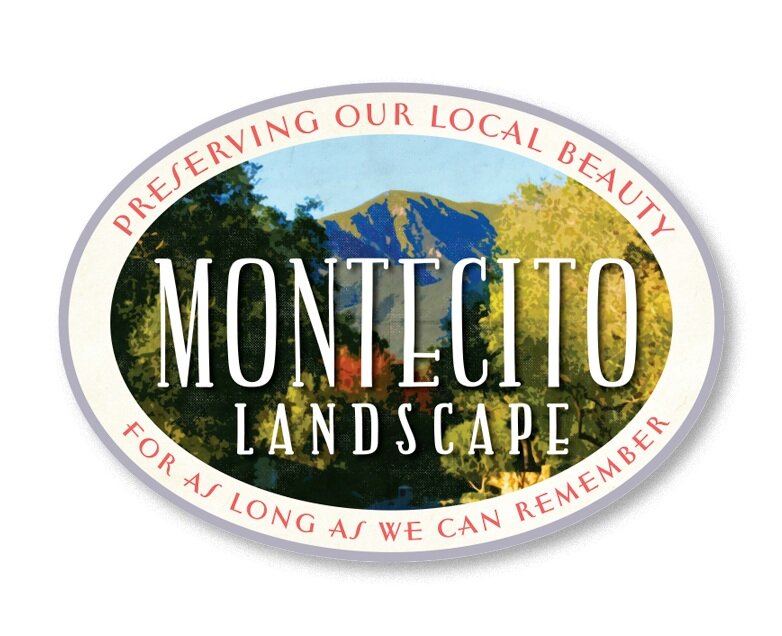Today I caught up with Bee Keeper, Nick Wigle of Super Bee Rescue and had a chance to get a few questions answered. I wanted to know how the California Drought was affecting Bee populations. And, I wanted to know what homeowners could do about it.
Bees are responsible for 1 in 3 bites of food
Nick pointed out that the Bees are responsible for one out of every three bites of food in our agricultural system, so are vital to our survival. We've certainly all heard about Bee Colony Collapse and the carting of Bees across the country to pollinate the various crops that require a pollinator (Almonds for example). As if the Bees didn't have enough to deal with, then comes the Drought in California.
Native Plants May Be Part of the Solution
Nick keeps and rescues Bees for a living. He knows where bees are disappearing and where they are thriving. He explained that due to the drought, there isn't enough food for the Bees. As a result, they are having to travel further away from their hives to find it. What I didn't know is that Bees gather nectar as well as pollen, as he explained it "It's like meat and potatoes, Pollen is the protein source and nectar provides the carbohydrates."Plants aren't as prolific in times of drought. They produce less nectar and don't flower as much, thus not as much food for Bees and all of our pollinators. Nick said that native plants do better in drought, being more accustomed to the periodic dry periods California is known for, so are good choices for a Bee-Friendly Garden.
City of Santa Barbara a Safe Haven for Bees
Some good news is that in the City of Santa Barbara anyone can keep bees, there are a few restrictions about where to place your hive and such and the fact that it's a good idea to talk to your neighbors first, but that's about it.
Back in the 1970s Santa Barbara implemented this generous policy and so has become a bit of a safe haven for Bees (Santa Barbara Beekeepers Association has the info about local laws and more on their website)I promised three ways the drought was affecting Bees. Besides pollen and nectar being is short supply, the most obvious issue is water.
Bees collect water to create kind of a swamp cooler effect in their hives. Any source of water will do, from a saucer to a fountain to a swimming pool (though I can't imagine the chlorine is doing them any good).
I learned a lot about bees today and yet, we just brushed the surface. Peruse Beekeeper Association websites to learn more, use lots of flowering plants in your garden, provide a source of water and if you are really adventurous, get a bee hive!
Until next time, fill your garden with joy (and Bees)



